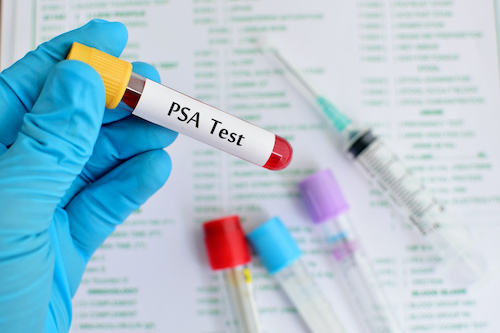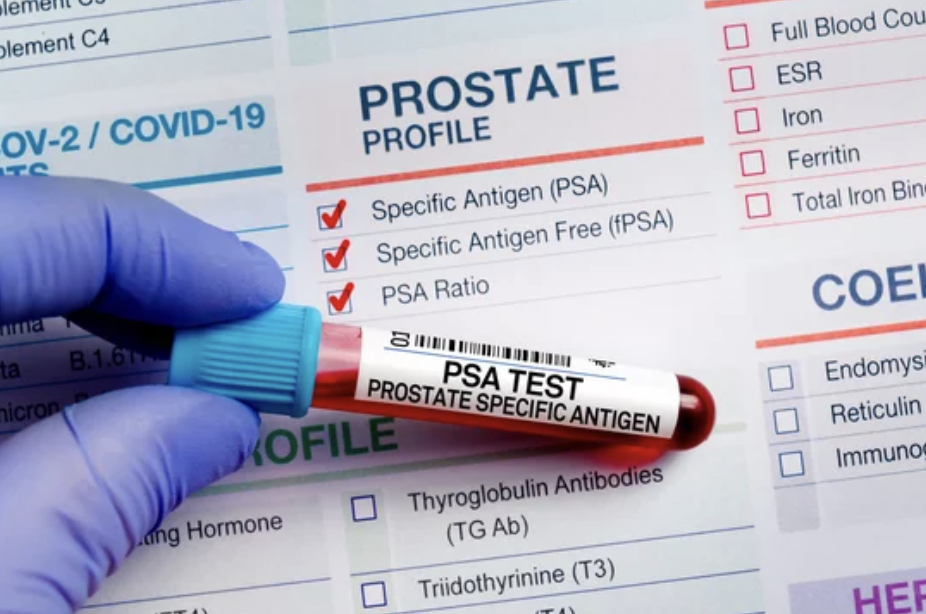
Prostate Cancer
Advertisement
18F-Fluciclovine PET/CT detected disease recurrence in more than half of patients with a negative PSMA PET/CT scan.
REASSURE assessed the long-term safety of radium-223, an alpha-emitting calcium mimetic that targets bone metastases.
Dr. Barry and colleagues found that living in a disadvantaged neighborhood was associated with a significantly higher
Individuals living in lower-income areas experience disproportionately higher rates of late-stage diagnoses and mortality.
Less than half of VA hospitals are sites for prostate cancer clinical trials.
Prostate-specific antigen (PSA) velocity and PSA values taken together may improve the specificity of monitoring.
Patients and survivors who engaged in physical activity experienced a protective effect on mental health.
Contaminants, such as heavy metals, pesticides, and microbial pathogens, may influence cancer severity.
Patients and caregivers most valued the role of genetics in understanding risk stratification.
The rate of prostate cancer mortality is higher in parts of the United States where structural racism is also higher.
The slower recovery PSA screening rate in Black men highlights the persistent racial disparities in health care access.
In this analysis, the model performed best for predicting survival Asian patients and worst for Non-Hispanic Black patients.
Hispanic men who are Black or Cuban had the lowest rates of prostate-specific antigen screening.
Race-associated tumor differences can affect early diagnostic testing and targeted therapeutics.
Only half of patients received timely follow-up, and 34% received no follow-up at all.
transgender status was not a predictor of prostate cancer-related death.
These findings highlight the importance of racial diversity in genomic profiling and clinical trials.
Men aged 60-69 years had a decreased risk of death with the addition of androgen deprivation therapy.
The adoption of polyethylene glycol hydrogel spacer use in prostate cancer care has been slower in Black patients.
Guideline-concordant androgen deprivation therapy is associated with a survival benefit in high-risk prostate cancer.

















 © 2025 Mashup Media, LLC, a Formedics Property. All Rights Reserved.
© 2025 Mashup Media, LLC, a Formedics Property. All Rights Reserved.